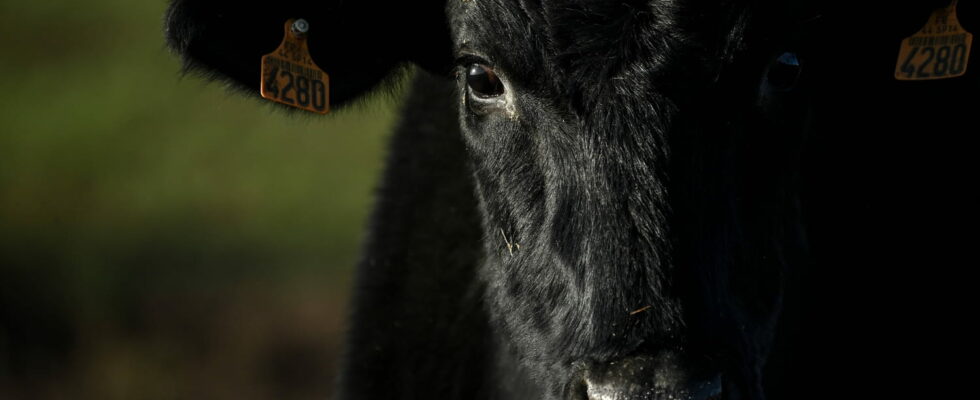New Zealand has developed a surprising method for cows to produce radically less methane.
Among the human activities particularly responsible for climate change is agriculture. Livestock in particular plays an important role in this reality. From animal feed to the production of food goods (dairy products, eggs, etc.) to slaughtering for meat, it is a very polluting industry across the board.
The release of methane generated by cows’ digestion is also a major problem for the agricultural industry: 40% of total methane emissions in the world come from livestock farming, according to a United Nations report. In an attempt to reduce these numbers, more than 150 countries have joined the Global Methane Pact which saw the light of day in 2021 during COP26 in Glasgow. The objective of this pact is to reduce methane emissions by 30% by 2030.
A particularly significant objective for New Zealand. Indeed, in this Pacific country which has around 10 million cows according to the BBC for 5 million citizens, almost half of greenhouse gas emissions come from agriculture. In order to tackle this problem, the country is helping to finance a new technological means: a “vaccine against methane”. A real alternative which could see the light of day in 2030.
A vaccine could be a very effective solution for its long-term effects. It is also a compatible alternative to pasture farming, as opposed to another much-noticed alternative, Bovaer, this food additive which blocks the production of methane directly in the digestive system of cattle. For now, a New Zealand research institute, AgResearch, has obtained very encouraging results in the laboratory, after more than 10 years of research, as indicated by the BBC. The vaccine in development acts directly on the microbes present in the intestines of cows which are responsible for the creation of methane.
Result: “We see differences of 15 to 20% between low emitters and the average. I am therefore quite optimistic”, rejoices Lorna McNaughton, director of an agro-technological cooperative, to the BBC. The scientist adds, however, that further research still needs to be carried out to ensure that the animals and the milk produced are not affected by the vaccine. As the BBC specifies, at this stage, the herds on which the vaccine is tested, in the United States and Ireland in particular, do not show any spoilage of the milk. The yield rate also does not seem to be impacted by the vaccine.
